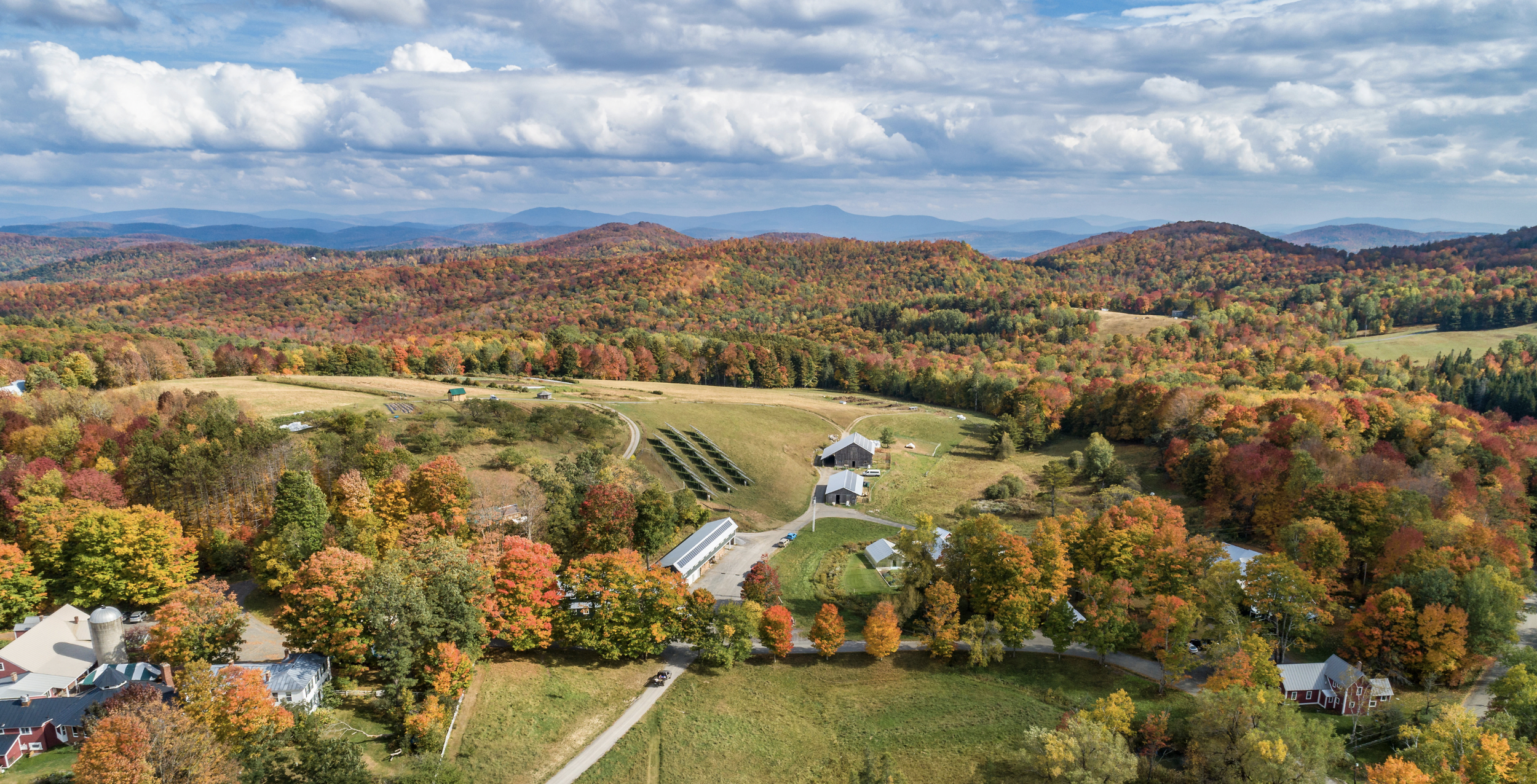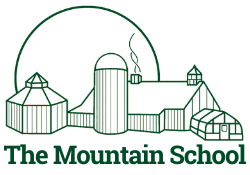
The Mountain School is a semester program for high school juniors located on a hilltop farm in Vershire, Vermont.
Each semester, 50 students gather here to live, work, and study with each other and our faculty.
Our Mission || School History || Belonging, Equity & Inclusion
Our Mission
The Mountain School cultivates a diverse and interdependent community of scholars who learn to know a place and take care of it. Through collaborative learning and shared work, students emerge from their semester prepared to reach beyond the self and focus on the common good.
School History
In 1962, Mac and Doris Conard bought a hilltop farm in Vershire, Vermont and made it a school to carry on the land-centered learning of the Putney School. The school thrived for 20 years as a four-year boarding school.
When the Conards retired, they called upon Nancy and David Grant from Milton Academy to consider the school’s future. The Grants and the Conards conceived of the semester program and proposed the purchase of the Mountain School to the Trustees of Milton Academy in 1983.
In 1984, the Mountain School became the first recognized semester program in the country. The school has since had a long history of providing transformative experiences for its students, many of whom name their time at the Mountain School as a key moment in their development as both scholars and global citizens.
In 1994, Anne Stephens came from Seattle’s Lakeside School to serve as the school’s director. Alden Smith became director following Anne’s retirement in 2002. After a national search in the 2021-22 academic year, Alex Myers became the school’s current director.
Belonging, Equity & Inclusion at the Mountain School
As we move forward in a world still facing a pandemic, continued social injustice, and climate crisis, the Mountain School is committed to providing an educational model both for gaining the knowledge and skills necessary to face the challenges young people must confront in their lifetime and for modeling a commitment to care — of people, place, and earth systems. We aspire to be a school that centers justice, equity, and inclusion in all of its programs, that is trauma-informed in its structure and practice, that considers accessibility in its design, and that challenges students and faculty alike to prioritize community well-being. CLICK HERE to learn more about the school’s efforts and progress.

